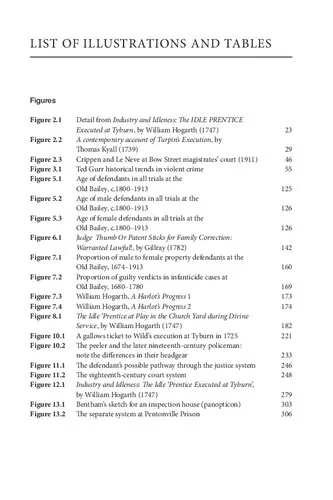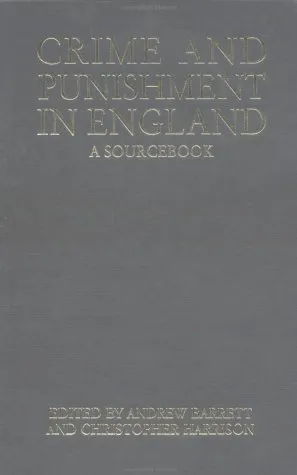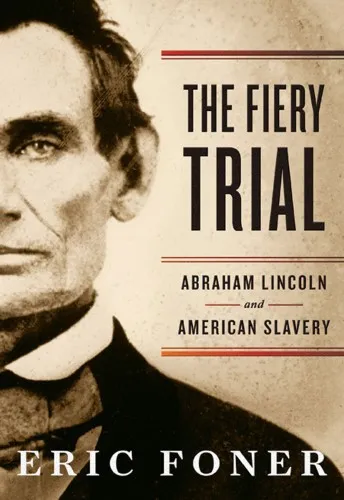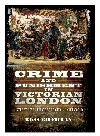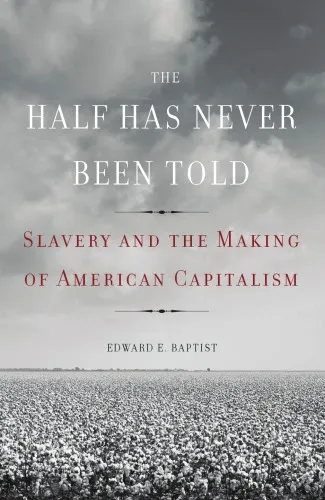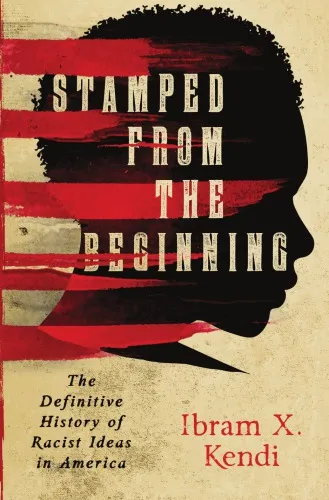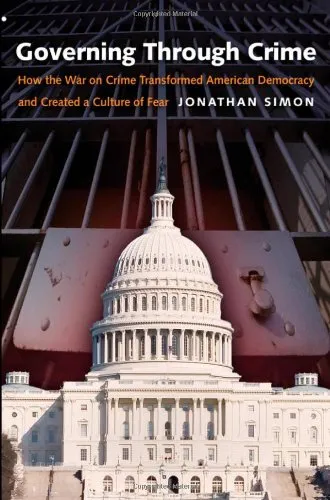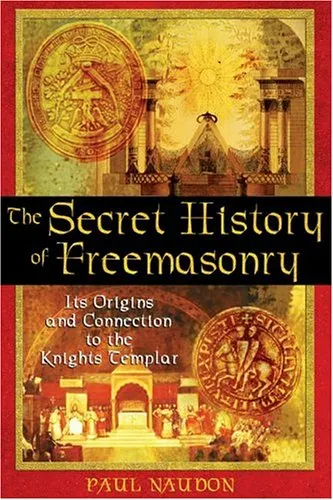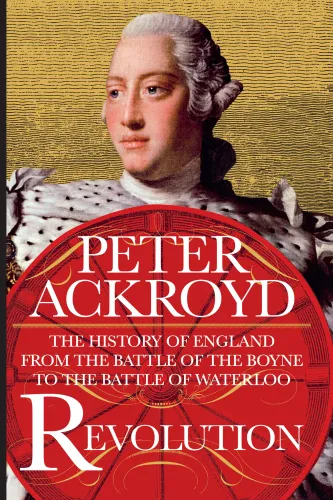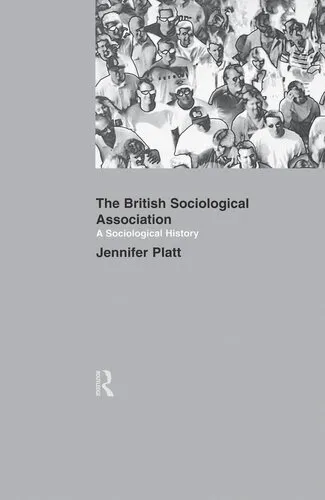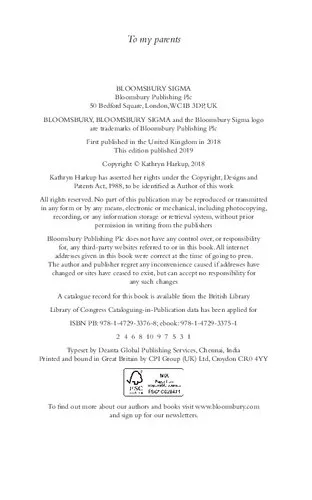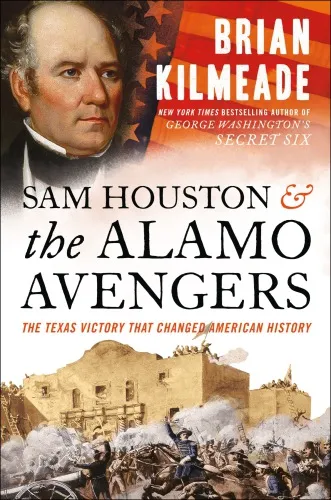Crime, Policing and Punishment in England, 1660–1914
4.3
Reviews from our users

You Can Ask your questions from this book's AI after Login
Each download or ask from book AI costs 2 points. To earn more free points, please visit the Points Guide Page and complete some valuable actions.Related Refrences:
Welcome to an exploration of 'Crime, Policing and Punishment in England, 1660–1914', where history unfolds through the lens of the evolving mechanisms of justice in England. This book takes you on an insightful journey from the Restoration period through the eve of the First World War, offering a comprehensive understanding of how crime, policies, and punitive measures have significantly shaped societal structures and attitudes.
Detailed Summary
This historical narrative provides an extensive examination of more than two centuries of English judicial evolution. The book explores the intricacies of crime trends, the development and professionalization of policing, and the transformations within the punishment system. Beginning in the post-Restoration period, it captures the societal changes that dictated new ways of managing criminal activities. As urbanization and industrialization ushered in new social dynamics, the book details how institutions adapted and responded.
Further, the text delves into the legal and cultural shifts that redefined concepts of justice and law enforcement. The emergence of formal police forces in the 19th century and the penal reforms reflect England's response to evolving crime challenges. Gray meticulously captures the gradual shift from corporeal and capital punishments to more systematic forms of correction, such as incarceration. Each chapter is anchored with case studies and historical examples that illustrate how policy decisions mirrored societal values and contributed to contemporary crime and policing frameworks.
Key Takeaways
- The evolution of crime and punishment in England was closely tied to broader social, economic, and political changes.
- Professionalization of policing marked a significant shift in how crime was managed, moving from community-led justice to formalized law enforcement structures.
- The transition from punitive forms of punishment to rehabilitative ideals highlights changing perceptions of human rights and justice.
- The impact of industrialization, urbanization, and population growth had a profound effect on crime rates and legislative responses.
Famous Quotes from the Book
“The history of crime is not just a reflection of those who transgress but also a mirror showing the society’s response and readiness to adapt.”
“Policing must be viewed not merely as a legal necessity, but as a social institution reflecting the complexities of human behavior and societal demands.”
“Punishment evolves as much from a shift in ethical paradigms as from functional necessity within a society.”
Why This Book Matters
'Crime, Policing and Punishment in England, 1660–1914' is crucial for understanding the historical context of modern legal and cultural norms surrounding crime and justice. It underscores the various ways in which societies have responded to the perpetual challenges of criminality, providing invaluable insights into the factors that have influenced current judicial policies and enforcement strategies.
For historians, sociologists, and legal experts, this book acts as a crucial resource, connecting historical events to modern implications in legal practices and societal attitudes toward crime and punishment. The discussions presented within Gray’s work are not only significant for historical analysis but also for contemporary discourse on law reform and the ethics of policing and punishment today.
Free Direct Download
You Can Download this book after Login
Accessing books through legal platforms and public libraries not only supports the rights of authors and publishers but also contributes to the sustainability of reading culture. Before downloading, please take a moment to consider these options.
Find this book on other platforms:
WorldCat helps you find books in libraries worldwide.
See ratings, reviews, and discussions on Goodreads.
Find and buy rare or used books on AbeBooks.
1322
بازدید4.3
امتیاز0
نظر98%
رضایتReviews:
4.3
Based on 0 users review
Questions & Answers
Ask questions about this book or help others by answering
No questions yet. Be the first to ask!
